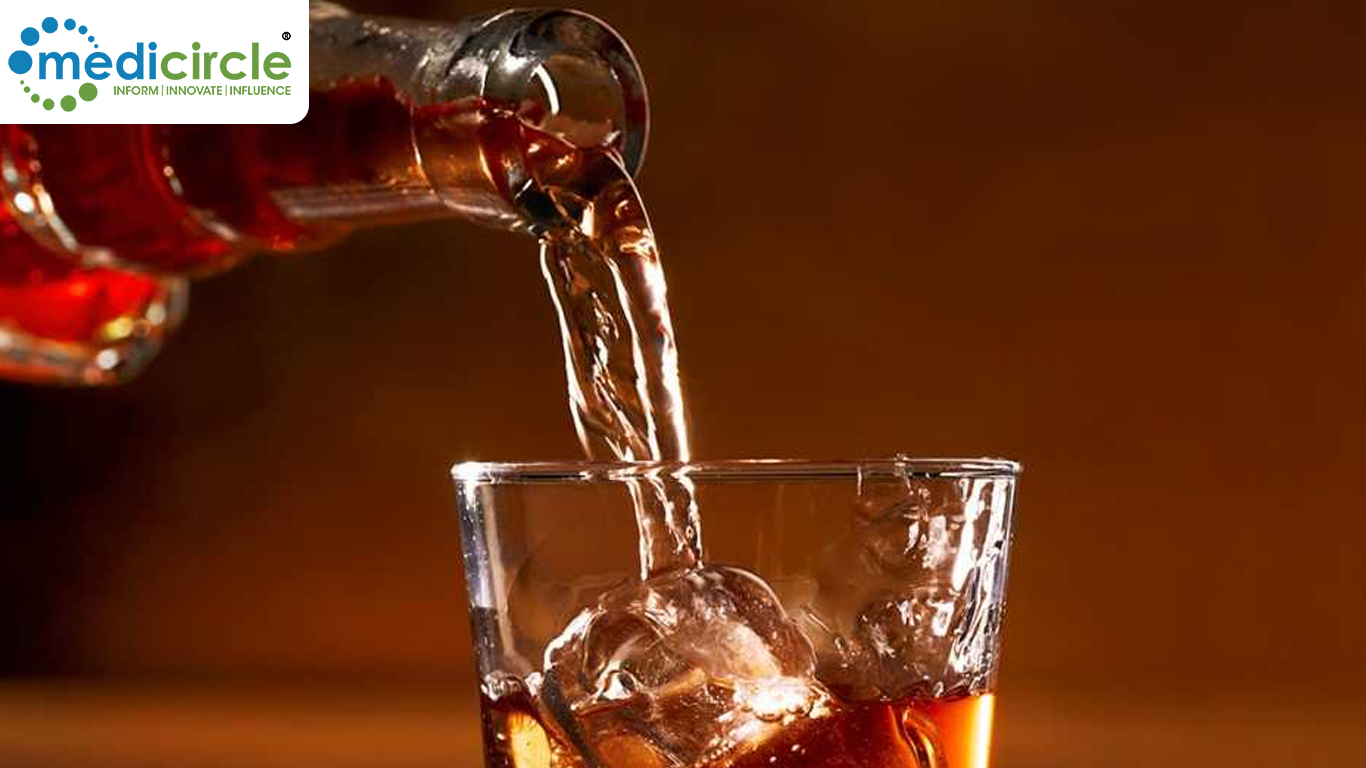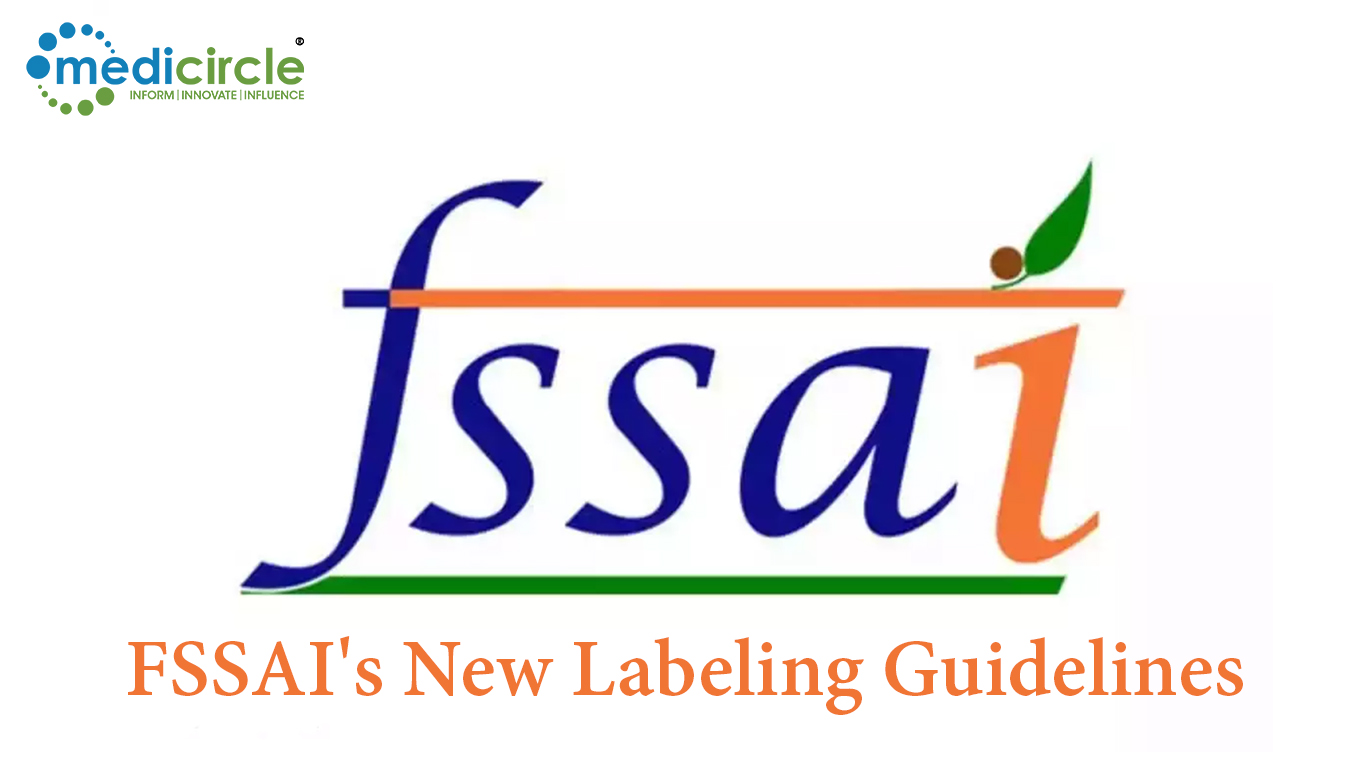Strokes, once primarily associated with the elderly, are now striking younger people at alarming rates. As our lifestyles change, so too do the patterns of disease that affect us. In recent years, one particular lifestyle choice has been singled out as a major culprit behind this concerning trend: increased alcohol consumption. While moderate drinking has long been considered relatively harmless, new research suggests that even modest intake may increase the risk of stroke, particularly among younger adults.
This disturbing rise in stroke cases among the younger population is a growing public health crisis. As we explore the underlying factors, including alcohol use, it becomes clear that urgent action is needed to raise awareness and promote preventive measures before strokes become an even more common occurrence in society.
A stroke is a life-threatening event that occurs when the blood supply to part of the brain is cut off, either by a clot (ischemic stroke) or a burst blood vessel (hemorrhagic stroke). Without enough oxygen, brain cells die, leading to severe disabilities or death. Stroke survivors often face long-term challenges such as difficulty speaking, walking, or even performing simple tasks like moving their hands.
Traditionally, strokes were seen as a condition that predominantly affected the elderly. In the past, doctors focused on age-related risk factors such as high blood pressure, high cholesterol, and cardiovascular disease when diagnosing strokes. However, new data shows that strokes are no longer confined to older adults. A INTERSTROKE study found that younger individuals, including those in their 30s and 40s, are increasingly falling victim to strokes.
The rise in strokes among younger people is a serious cause for concern. It reflects not only changing health trends but also the impact of modern lifestyle habits, including increased alcohol consumption. Today, more and more young adults are engaging in drinking patterns that could be putting their health at risk. This trend is particularly worrying given that strokes can lead to permanent disabilities, leaving survivors dependent on others for daily tasks.
Alcohol consumption is a widely accepted part of social life for many young adults, but it can have deadly consequences. Research consistently shows that drinking alcohol, especially in excessive amounts, increases the likelihood of stroke. The INTERSTROKE study confirmed what many health professionals had long suspected: even moderate drinking can raise the odds of a stroke occurring.
One reason for this is that alcohol affects several critical functions in the body. When consumed regularly, alcohol can lead to high blood pressure, or hypertension, which is one of the most significant risk factors for strokes. Hypertension forces the heart to work harder to pump blood, and over time, this can damage blood vessels, making them more likely to rupture or become blocked.
Alcohol also affects heart rhythm. Atrial fibrillation (AF), a condition that causes an irregular heartbeat, is closely linked to regular alcohol consumption. AF makes it easier for blood clots to form in the heart, and these clots can then travel to the brain, causing an ischemic stroke. Studies have shown that even people who drink moderately are at a higher risk of developing AF, further increasing their chances of having a stroke.
Beyond heart-related issues, alcohol also contributes to other conditions that make strokes more likely. For example, regular alcohol consumption can damage the liver, leading to problems with blood clotting. This makes hemorrhagic strokes more dangerous because the body may not be able to stop bleeding in the brain as effectively. Furthermore, alcohol can worsen other stroke risk factors such as obesity, diabetes, and poor diet, all of which are becoming more common among younger people.
The consequences of this growing trend are dire. According to a recent study published in The Lancet, deaths related to strokes are projected to increase dramatically over the next few decades. In 2020, there were an estimated 6.6 million deaths worldwide caused by strokes, but by 2050, this number is expected to rise to 9.7 million. This represents a nearly 50% increase in stroke-related mortality, driven in part by lifestyle factors such as alcohol consumption, tobacco use, and poor diet.
While strokes are preventable and treatable in many cases, the rise in stroke deaths highlights the need for urgent action. Public health campaigns must focus on educating people especially younger adults about the risks associated with heavy and moderate drinking. Without intervention, millions of lives could be cut short, and the quality of life for stroke survivors could be severely diminished.
In addition to alcohol, other lifestyle factors are contributing to the rising incidence of stroke. Obesity, type 2 diabetes, high stress levels, lack of sleep, and unhealthy diets are all closely linked to increased stroke risk. These risk factors are becoming more common among younger generations, further compounding the problem.
Obesity, in particular, is a major concern. Carrying excess weight puts additional strain on the heart, raising blood pressure and cholesterol levels, which in turn increases the risk of stroke. According to the World Health Organization, the number of obese individuals worldwide has tripled since 1975, and this trend shows no signs of slowing down. In many developed countries, young adults are particularly affected, with poor diets and sedentary lifestyles contributing to rising rates of obesity.
Type 2 diabetes, which often develops as a result of obesity, is another significant risk factor for stroke. Diabetes causes damage to blood vessels, making them more prone to clotting or rupturing. It also raises blood sugar levels, which can harm the cardiovascular system over time. For young adults who drink alcohol regularly, the risk of developing diabetes and then suffering a stroke is even higher.
Stress and sleep deprivation are also playing a role in the rise of strokes among younger adults. Chronic stress causes the body to release hormones that raise blood pressure, increasing the risk of both ischemic and hemorrhagic strokes. Additionally, lack of sleep has been linked to heart problems and higher stroke risk. Many young people lead busy lives with little time for rest, which only adds to their vulnerability.
To address the rising incidence of strokes among younger adults, a multifaceted approach is needed. Public health organizations, governments, and healthcare providers must work together to raise awareness about stroke prevention and encourage healthier lifestyle choices. Here are some key steps that can be taken to reduce stroke risk:
1. Promote Awareness Campaigns: Public education is crucial to informing people about the dangers of alcohol and its connection to strokes. Many young adults are unaware of the risks, and campaigns that highlight the health consequences of drinking especially in relation to stroke could make a significant impact.
2. Encourage Healthier Lifestyles: Reducing alcohol consumption is just one part of the equation. Governments and organizations should also promote the importance of a balanced diet, regular exercise, and maintaining a healthy weight. Programs that target young adults specifically, such as workplace wellness initiatives, can help encourage better lifestyle choices.
3. Screen for High Blood Pressure and Diabetes: Regular health check-ups are important for identifying early signs of high blood pressure and diabetes. By catching these conditions early, healthcare providers can help individuals manage their risks before they lead to a stroke.
4. Provide Support for Stress Management: Chronic stress is a significant stroke risk factor, and young adults today are often under immense pressure. Mental health support, stress management programs, and resources to promote better sleep can all help reduce stroke risk.
5. Strengthen Alcohol Regulation: Limiting alcohol consumption through policies such as stricter licensing laws, higher taxes on alcohol, and better labeling of alcoholic beverages can help reduce overall consumption levels. These measures have been shown to be effective in curbing alcohol-related health problems.
The rise in strokes among young adults is a preventable crisis, but it requires immediate attention. By recognizing the role that alcohol and other lifestyle factors play in stroke risk, we can begin to take steps to reverse this dangerous trend. Prevention is key, and with the right interventions, we can stop strokes from taking the lives of millions in the future.
While the risks associated with alcohol may seem distant to many young people, the reality is that stroke can strike at any time. By raising awareness and encouraging healthier habits, we can help ensure that future generations are not burdened by the growing epidemic of strokes.
In the end, the choice to reduce alcohol intake and make healthier lifestyle decisions could mean the difference between life and death.

 Other than alcohol, obesity, type 2 diabetes, high stress levels, lack of sleep, and unhealthy diets are also closely linked to increased stroke risk.
Other than alcohol, obesity, type 2 diabetes, high stress levels, lack of sleep, and unhealthy diets are also closely linked to increased stroke risk.






.png)
.png)
.png)
.png)










.jpeg)

.jpeg)










.jpg)




.jpg)

